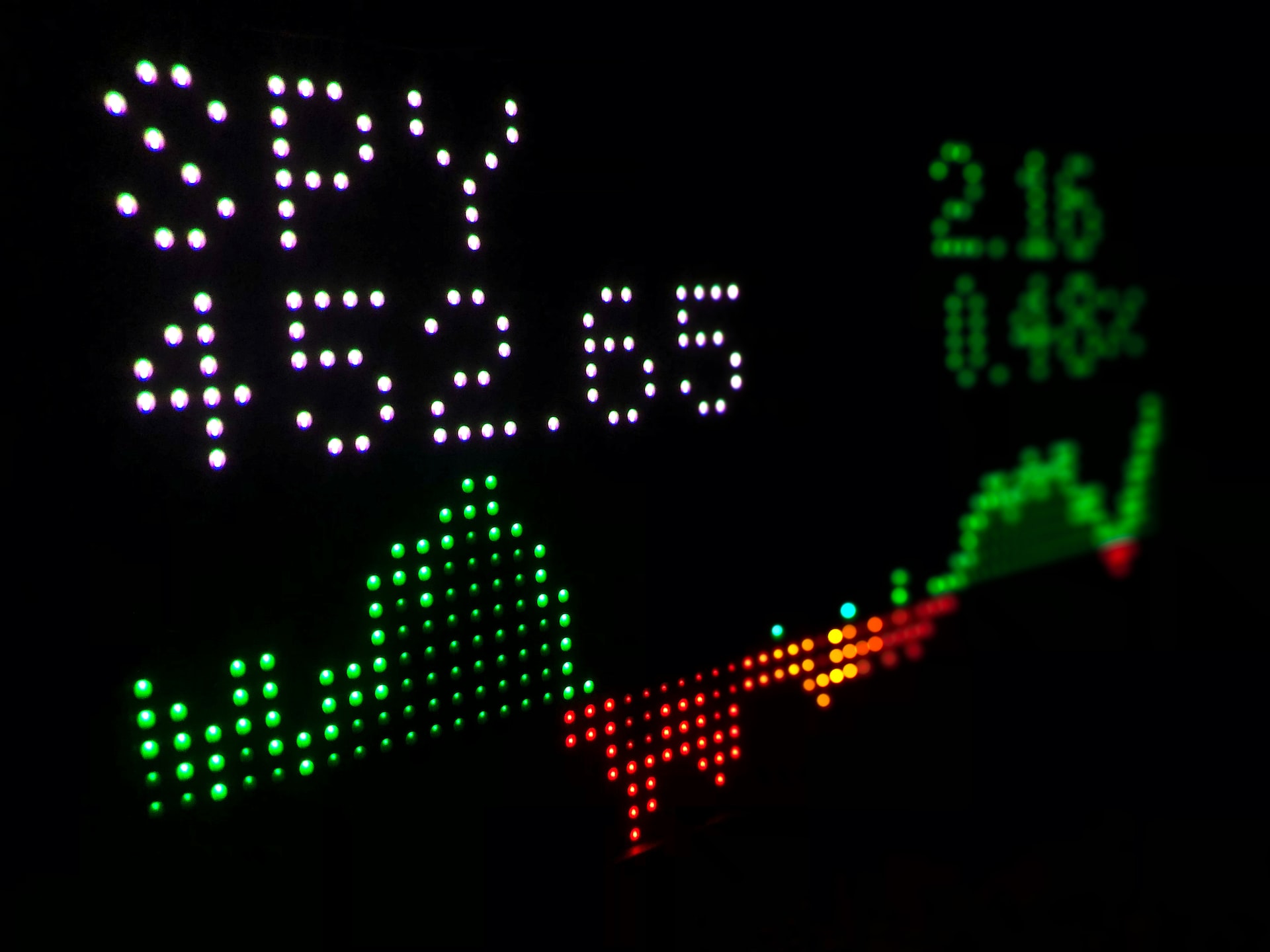On the occasion of European Money Week, meant to celebrate financial education and raise awareness about money and personal finances, BOV expert David Pace Ross gives some basic definitions of some common financial terms.
Below, he outlines the features of an IBAN, as well as discusses the main differences between Direct Debits and Standing Orders, and between Bonds and Shares.
What is an IBAN?
Customers who have accounts with a bank are often asked to quote their IBAN when making or receiving payments.
But what is an IBAN and what is different from an account number?
IBAN stands for International Bank Account Number. This is a set standard number for bank accounts that uniquely identifies a bank account held with a particular bank. The IBAN typically adds additional characters to an existing bank account number, thereby forming a new, verifiable, and unique code for each bank account.

This code was specifically developed to facilitate the automated processing of cross-border credit transfers. Quoting an IBAN instead of an account number makes cross-border payments between countries more efficient and secure. This can also be used in conjunction with a BIC, which is often referred to as a Bank Identifier Code, Business Identifier Code or Bank International Code, which is used to identify banks and financial institutions globally, again making payments more efficient and secure. Users of the IBAN and the BIC can also avoid paying additional charges.
Our local IBAN is made up of 31 alphanumeric characters. Customers can find their IBAN together with the bank’s BIC on their bank statements or their internet banking portals. It is always advisable to double-check and ensure that any IBANs quoted are the ones generated and/or given by their own bank.
Some banks may also have IBAN validators or IBAN checkers. These are tools typically found on bank websites or on online portals that can either convert Account numbers into IBANs or validate IBANs.
Direct Debits vs Standing Orders
A Direct Debit is a commonly used payment method. It allows individuals or businesses to authorise an organisation to collect payments from a bank account automatically. It is often used for recurring payments, such as utility bills, insurance premiums, subscription services and loan repayments.
Once a direct debit is set up by a customer, payments are made automatically without the need for manual intervention. Direct Debits offer convenience and automation and reduce administrative burdens on both customers and merchants by ensuring the timely payment of funds.
A Standing Order is another method of making regular payments from a bank account. It is commonly used for fixed payments where the amount and frequency remain constant, such as rent payments, mortgage instalments, or charitable donations.
Unlike a Direct Debit, which allows the payee (merchant) to collect funds directly from the payer’s (customer’s) account, a Standing Order is initiated and controlled by the payer.
Direct Debiting has an advantage over Standing Orders in that it can be used when the amount, or the interval between payments, varies.
Bonds vs Shares
Bonds and shares are essentially different types of investment instruments. They may sound similar but have fundamental differences that impact customers with different risk appetites. In general terms, a bond is a debt instrument issued by a borrower (usually a corporate institution or government) for a fixed period. It pays interest known as a coupon, which is fixed at issue date and is paid regularly to the holder of the bond until the bond is redeemed at maturity. In essence, a bond holder is lending money to the Issuer.
Interest is earned on a daily basis but is only paid in arrears every six or twelve months. The bond will be paid over the entire term even though the current holder may not have owned it for that entire period. Therefore, a buyer of a fixed-income security (bond) from a seller must compensate the seller for holding the security between the last coupon date and the settlement date.
A share is one of a finite number of equal portions in the capital of a company and represents a part ownership in a company. Shares generally carry no fixed rate of dividend. Holders may receive a dividend, in accordance with the amount of net profit made by the company.
Shares carry the greatest risk of a business. In the event of liquidation shareholders are last in the queue to be paid out. However, in the event of rising growth, shareholders are the main beneficiaries. As opposed to bonds, shares do not have a maturity.
2024 Malta Government Stock issuance exceeds €1 billion
Retail participation has 'clearly' shifted towards longer dated maturities, observes Edward Rizzo
Second anniversary of bull market
The S&P 500 and Dow Jones Industrial Average ended at fresh all-time highs last week after stronger-than-expected profits from two ...
Foreign subsidies regulation: Implications for EU-China relations and investments
The Foreign Subsidies Regulation (FSR) has become a key tool for the European Union to protect its single market from ...







